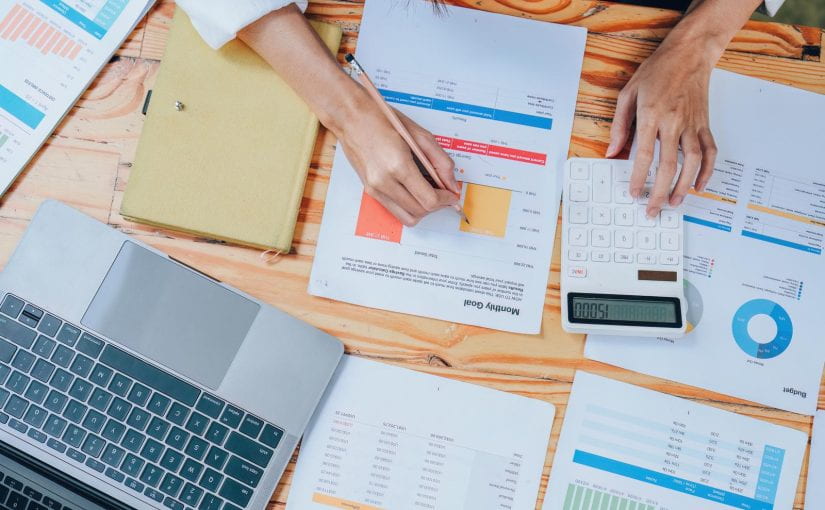On one side, you are investing in your business and growing it.
On one side, you are investing in your business and growing it. You’re putting money into the company to make it bigger and better. You are also paying for equipment and furniture that help your company grow faster.
On the other side, you have personal expenses like rent or mortgage payments and bills such as groceries, utilities and insurance premiums (which may include any health care costs related to accidents).
On the other side, your personal life is changing and evolving.
On the other side, your personal life is changing and evolving. You may be getting married or divorced, having kids or adopting a child, buying a house or moving into an apartment. All of these things will happen in your lifetime—and they can have substantial financial implications on your financial situation.
All these changes may seem like good reasons to separate personal and business finances; however, this isn’t always necessary if you keep them separate for long enough (which we’ll discuss next).
Some people use their personal finances to help grow their businesses.
Some people use their personal finances to help grow their businesses. They’ll buy things needed for the business and then use those funds to pay for something they need in the company, like rent or equipment. This can be useful if you’re starting out with no money and need equipment or supplies, but it’s also important not to overdo it! If everything is paid for by your personal funds (or credit cards), then eventually, there won’t be any leftovers for paying employees’ salaries or buying supplies from vendors.
For example, a person may use credit cards that they can pay off over time with money they would typically spend on food or gas.
Credit cards can be a great way to build your finances, but they are also excellent business tools.
For example, a person may use credit cards that they can pay off over time with money they would typically spend on food or gas. This allows them to increase their credit score by paying off debts and building their financial strength. The same principle applies when you use a debit card for business expenses—you’re building up your business’s reputation by paying yourself back within reasonable amounts of time after each transaction (and hopefully never having any late fees).
Other people use their personal accounts as a place where they can put money away for future goals.
If you don’t want to be the person who doesn’t save for retirement, try setting aside some money in your personal account. This can be a great way to start building up an emergency fund and saving for future goals, such as a down payment on a house or college tuition.
You should also consider how much money is appropriate for each goal that you want to save for since there are no rules about what constitutes “enough.” For example: if you’re planning on starting your own business someday and want the freedom of not having any bosses telling me what you need to do all day long—then I’d recommend putting away at least $10k just so that I’m not one paycheck away from homelessness again!
But remember: even though this might feel like it’s pushing boundaries with friends and family members who think differently than me (and maybe even worse), taking control over my life will lead me closer towards achieving my dreams of being financially secure when they happen!”
